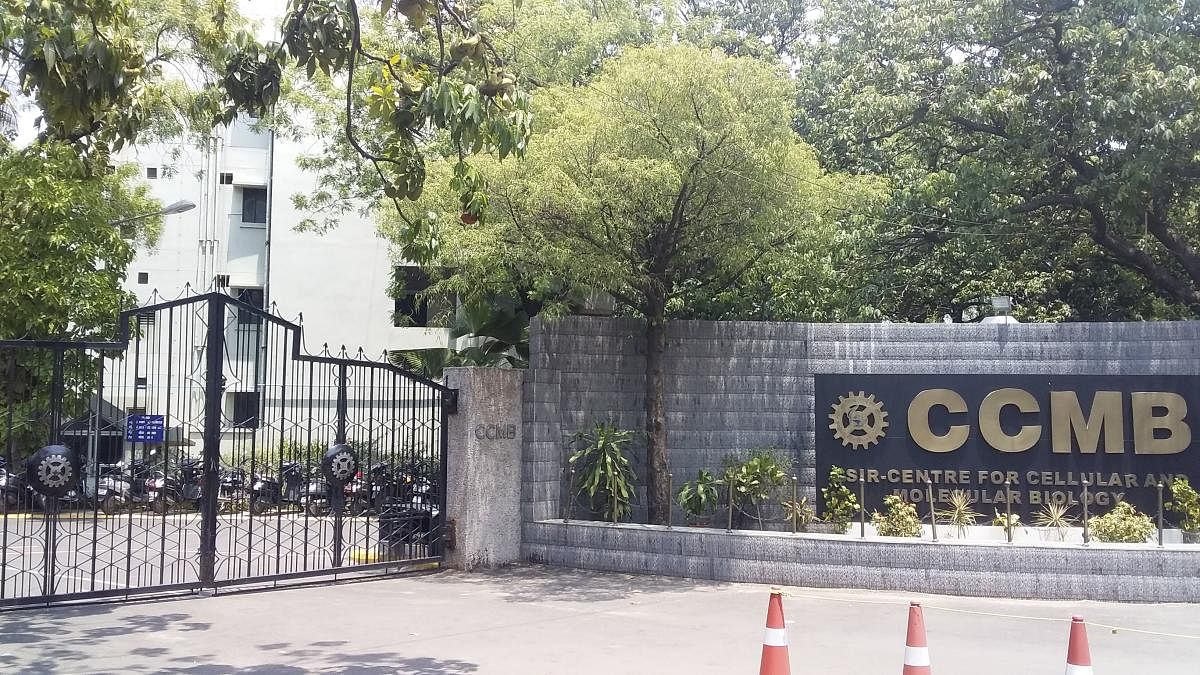
Atal Incubation Centre (AIC) at the Centre for Cellular and Molecular Biology (CCMB) here, in collaboration with the Humane Society International (HIS), India has launched a centre for Predictive Human Model Systems, dedicated to finding cell-based human alternatives to laboratory animals.
A Memorandum of Understanding between these organisations has been exchanged in this regard on Thursday.
"In simple words, the aim is to reduce the dependence on laboratory animals in large numbers to test the toxicity of medicines or cosmetics. Instead, human tissue will be used in a test tube by producing the required part and the test the efficacy of the medicine. This is a faster and safer way of testing the toxicity of medicines. One day will come when we may even phase out the animal-testing models," Dr Rakesh Mishra, director, CCMB said.
The Humane Society argues that even though several drugs are tested successfully on animal models, over 90% fail when they are tested on humans, as the anatomies differ in several aspects.
"It is a landmark day. We need to look beyond animal models and work to bring in required changes in the legal framework with the Drug Controller General allowing alternative human models," N G Jayasimha, Managing Director of HIS, India said.
The human cell models are ethical as compared to testing on animals, wherein live animals often suffer severe pain.
Cell-based meat
CCMB is also working on creating cell-based meat in collaboration with the National Research Centre on Meat here at Changicharla, which was recently given funds to the tune of Rs 4.5 crore by the Department of Biotechnology.
Cell-based meat, also called as clean meat or cultured meat, is equivalent to conventional meat in nutrition, taste and smell.
The difference lies in the method of production. Rather than slaughtering animals for meat, cell-based meat is produced through cellular agriculture.
"Funding has been given to the CCMB to develop technology to take laboratory cell culture to cell-based meat production, which is scalable," Rakesh Mishra said.
Cell-based meat companies across the world are receiving significant government support, with the governments of Netherlands, Japan and Israel making investments.
"We hope the investment will go a long way for India on the map of technologically advanced countries in cellular agriculture," Alokparna Sengupta, deputy director of HSI, India said.